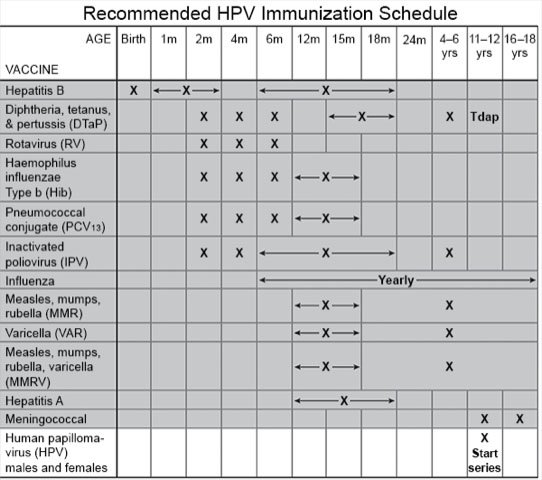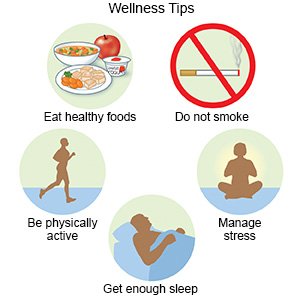Penile Cancer
Medically reviewed by Drugs.com. Last updated on Sep 23, 2025.
Penile cancer forms in or on the penis. Most penile cancers are squamous cell carcinoma (SCC). SCC is a slow growing cancer that usually does not spread. Penile cancer can develop in males of any age but is most common in those 55 years or older.
 |
DISCHARGE INSTRUCTIONS:
Seek care immediately if:
- You have sudden or severe pain or swelling in your penis, abdomen, or groin.
- You lose feeling in your penis.
- You have an open wound on your penis.
Call your doctor if:
- You have a fever.
- You have new or worsening symptoms.
- You have pain that does not get better after you take pain medicine.
- You have pain when you urinate, or you have trouble urinating.
- You have pain in your penis during sexual activities.
- You have questions or concerns about your condition or care.
Medicines:
You may need any of the following:
- Immunotherapy helps your immune system recognize and kill cancer cells more easily. You may be given medicine as a cream to apply to your penis for several weeks.
- Steroids may be needed to decrease swelling.
- Antibiotics may be needed to treat a bacterial infection.
- Prescription pain medicine may be given. Ask your healthcare provider how to take this medicine safely. Some prescription pain medicines contain acetaminophen. Do not take other medicines that contain acetaminophen without talking to your healthcare provider. Too much acetaminophen may cause liver damage. Prescription pain medicine may cause constipation. Ask your healthcare provider how to prevent or treat constipation.
- Take your medicine as directed. Contact your healthcare provider if you think your medicine is not helping or if you have side effects. Tell your provider if you are allergic to any medicine. Keep a list of the medicines, vitamins, and herbs you take. Include the amounts, and when and why you take them. Bring the list or the pill bottles to follow-up visits. Carry your medicine list with you in case of an emergency.
Manage or prevent penile cancer:
- Clean your penis each day. Use a mild soap, or the soap your healthcare provider recommends. Rinse with warm running water. If you were not circumcised, pull your foreskin back so you can clean the glans (head) of your penis. This will remove smegma from around the glans.
- Do not smoke. Nicotine can damage blood vessels and make it more difficult to manage penile cancer. Smoking also increases your risk for new or returning cancer. Do not use e-cigarettes or smokeless tobacco in place of cigarettes or to help you quit. They still contain nicotine. Ask your provider for information if you currently smoke and need help quitting.
- Talk to your provider about sexual activity. Your provider will tell you if it is okay to have sex before, during, or after treatment. Prevent sexually transmitted infections, such as human papillomavirus (HPV) or human immunodeficiency (HIV). Always use a condom when you have sex. A vaccine can help prevent an HPV infection if you are 26 years or younger.

- Have regular physical exams to check for cancer. Your healthcare provider can tell you how often to do this. Always have lumps, lesions, or skin changes on your penis checked by your provider.
- Reach or maintain a healthy weight. Your risk for penile cancer is higher if you have obesity. Ask your provider what a healthy weight is for you. Your provider can help you create a safe weight-loss plan, if needed. Eat healthy foods, such as fruits, vegetables, whole-grain breads, low-fat dairy products, beans, lean meats, and fish. Try to get at least 30 minutes of exercise 5 days a week, such as walking.
 |
Follow up with your doctor or oncologist as directed:
Write down your questions so you remember to ask them during your visits.
For support and more information:
- American Cancer Society
250 Williams Street
Atlanta , GA 30303
Phone: 1- 800 - 227-2345
Web Address: http://www.cancer.org
© Copyright Merative 2025 Information is for End User's use only and may not be sold, redistributed or otherwise used for commercial purposes.
The above information is an educational aid only. It is not intended as medical advice for individual conditions or treatments. Talk to your doctor, nurse or pharmacist before following any medical regimen to see if it is safe and effective for you.
Further information
Always consult your healthcare provider to ensure the information displayed on this page applies to your personal circumstances.
